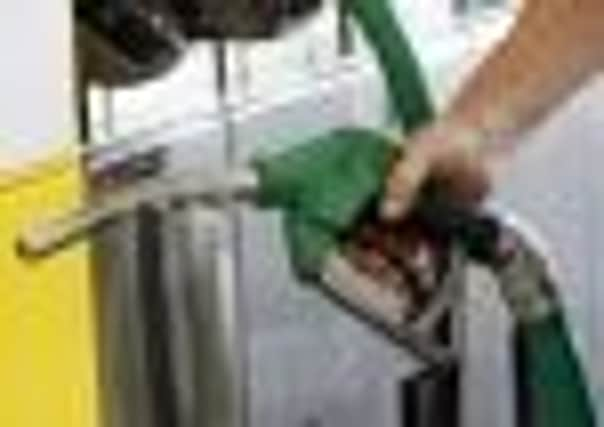Britain’s petrol stations are ‘dangerously low’ on fuel, according to report


• 60 per cent of forecourts forced to cut back to reduce costs
• Nearly 90,000 car-owning households, especially in Highlands and Islands rely on local independent fuel stations
Advertisement
Hide AdAdvertisement
Hide AdResearch commissioned by the UK Government showed 60 per cent of forecourts had been forced to cut back to reduce costs, the Petrol Retailers Association highlighted, with the cost of restocking tanks costing garages more than twice as much as a decade ago.
It said this increased the chance of forecourts running dry, such as because of panic buying during the tanker drivers’ dispute in March.
The PRA, which represents independent forecourts, said its members were being hit hard by having to pay fuel duty up front.
Chairman Brian Madderson said: “Most businesses have to pay the tax within one to three days of a stock delivery, before they have chance to collect the tax from their customers. Furthermore, banks are reluctant to extend overdraft or loan facilities, so their only option is to run their fuel storage close to empty.”
Mr Madderson said the report also rejected claims of delays in oil price cuts being passed on to motorists. He said it pointed to evidence suggesting “reductions in the crude price are passed on faster than increases in price”.
RAC Foundation director Professor Stephen Glaister said: “94 per cent of Scottish drivers are within 15 miles of a supermarket filling station, but that still leaves nearly 90,000 car-owning households relying on their local independents, especially in the Highlands and Islands.
“Leaving aside tax, the UK fuel market is actually one of the most competitive in Europe, but this does mean there are winners and losers. As retailers suffer in the harsh economic climate, it is the smaller operators who are likely to hold less and less stock. This is ok until supply is disrupted, at which point rural areas run a real risk of literally grinding to a halt.”
Government officials said despite significant changes, such as supermarkets increasing their domination of the market, these had “not had an impact” on fuel availability for the “vast majority” of drivers.